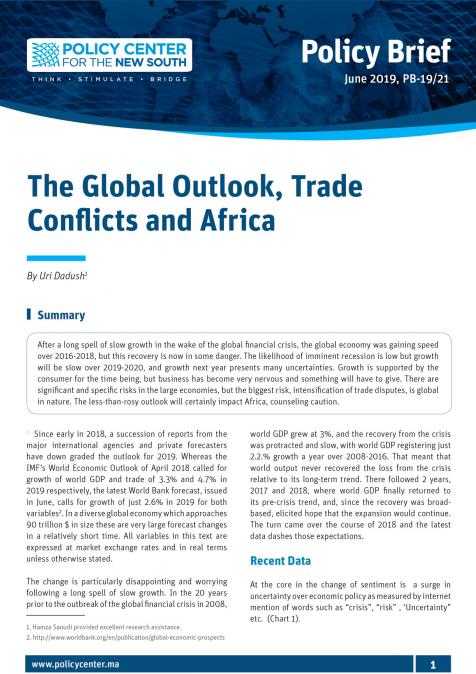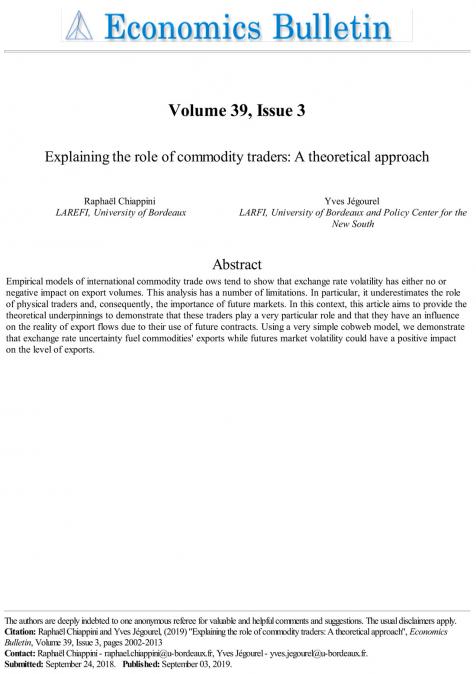Podcasts
Global Trade in the Post-Covid-19 Era
The preventive policies implemented worldwide in response to the current pandemic have been devastating to global trade, leading many countries to rethink their national trade policies. There is a shift towards an anti-globalism paradigm justified by the negative effects of economic interdependencies during the pandemic. This tendency could lead to a permanent damage to the trading system and, therefore, to the global economy. In this podcast, Uri Dadush, Senior Fellow at the Policy Center for the New South and expert in International Trade, contributes to the debate related to the future of international trade.




